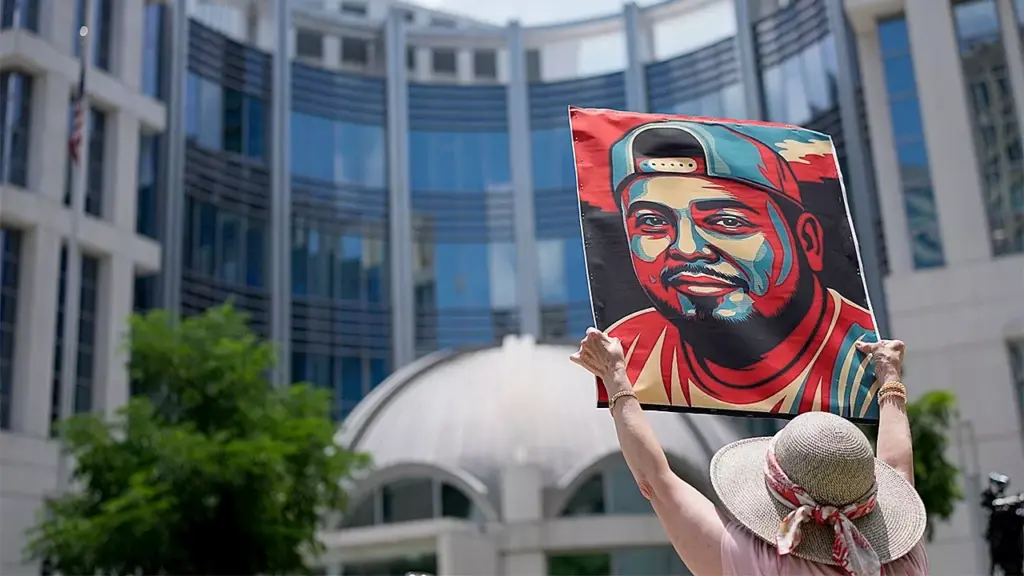
A federal judge in Maryland is poised to issue a ruling soon regarding the deportation case of Salvadoran migrant Kilmar Abrego Garcia. The case has garnered significant attention following a lengthy hearing that revealed numerous inconsistencies in the Trump administration’s deportation policies. U.S. District Judge Paula Xinis stated her intention to deliver a decision “as soon as possible” after nearly seven hours of testimony and questioning.
The hearing, which has been a focal point in federal court for months, concluded with Judge Xinis expressing frustration over the administration’s lack of transparency. In particular, she criticized the absence of a knowledgeable witness from the Trump administration who could adequately explain the processes involved in Garcia’s deportation. She remarked that the official who did testify seemed to know “less than nothing” about the case, raising questions about the administration’s compliance with court directives.
At the heart of this legal battle is Garcia’s request to be released from immigration detention while his case is further evaluated. The court had previously mandated an evidentiary hearing to explore this request and to question a government official with direct knowledge of the deportation efforts. The administration initially selected Eswatini as a potential third country for Garcia’s removal, alongside Uganda and Ghana. However, the hearing disclosed that none of these nations had formally agreed to accept him.
Judge Xinis raised critical points regarding the government’s approach, particularly questioning why it had not considered Costa Rica, which had indicated a willingness to accept Garcia. Her inquiries highlighted significant challenges faced by the Trump administration in managing deportation cases and adhering to legal requirements.
Throughout the questioning, John Schultz, the deputy assistant director of Immigration and Customs Enforcement (ICE)‘s Enforcement and Removal Operations, struggled to provide clear answers. His testimony revealed a lack of familiarity with the details of Garcia’s deportation plans and the status of communications with potential host countries. This confusion only intensified when it was disclosed that Eswatini had initially declined to accept Garcia, despite ongoing discussions.
The complexity of this case illustrates the broader difficulties inherent in the Trump administration’s immigration policies. As the hearing drew to a close, Judge Xinis took the case under advisement, and Garcia remains in the United States for the time being. The implications of her forthcoming ruling could shape the future of deportation practices and legal frameworks within the administration.
As the legal landscape continues to evolve, this case serves as a critical example of the challenges faced by the Trump administration in executing its immigration agenda. The outcome of Judge Xinis’s decision will not only impact Garcia’s future but may also influence the administration’s approach to similar cases moving forward.







